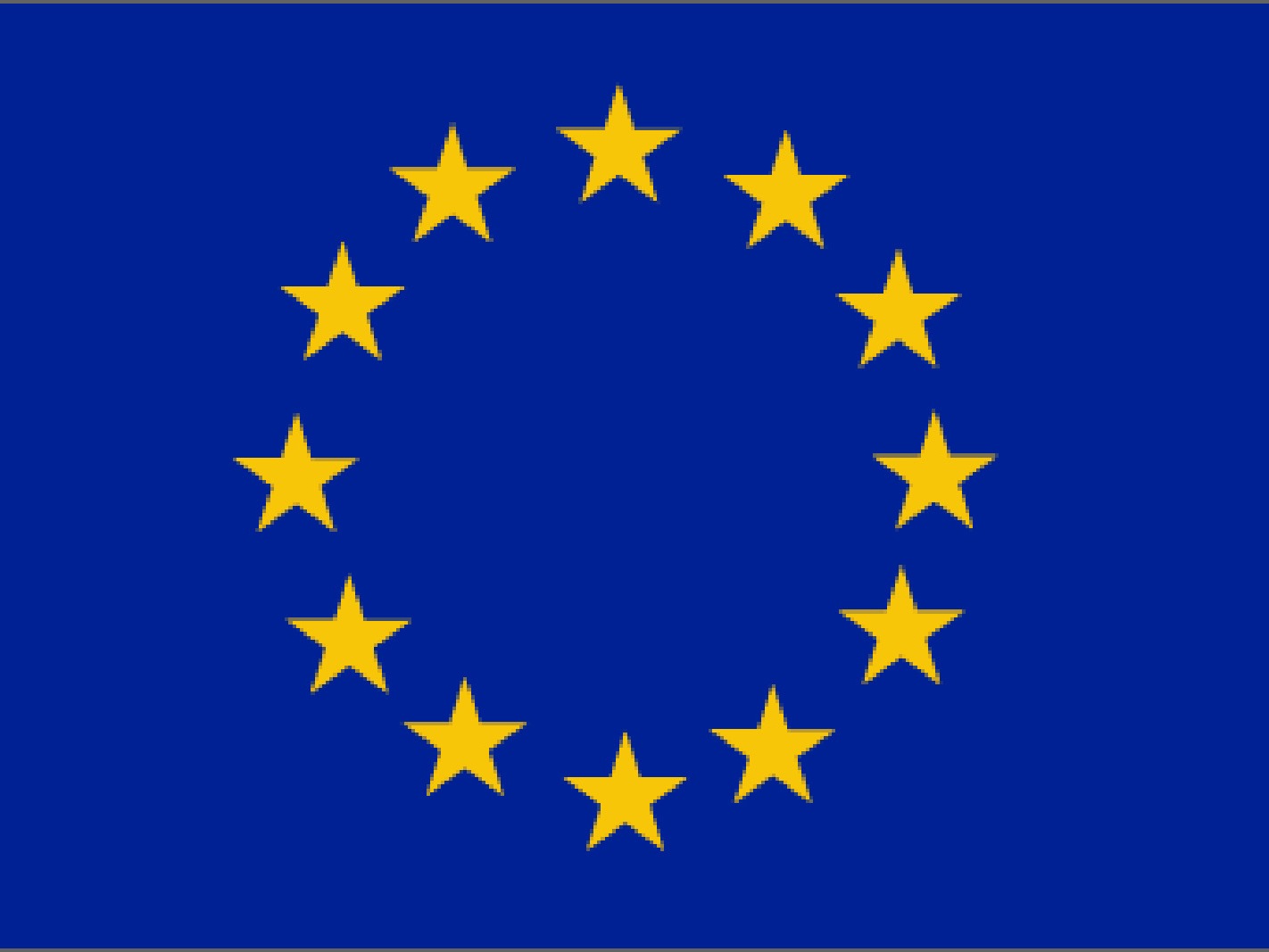US experts call Intel verdict protectionist
Decision 'could lead to higher computer prices'

Sign up for breaking news, reviews, opinion, top tech deals, and more.
You are now subscribed
Your newsletter sign-up was successful
American technology advocates and legal experts have roundly condemned the EU's decision to fine Intel nearly a billion pounds for breaking anti-trust laws.
Grant Aldonas, Senior Advisor at the bipartisan Center for Strategic and International Studies (CSIS), says, "This is a potentially costly ruling for both the United States and Europe. It could lead to higher computer prices, which will hinder investment in information technology, making both economic recovery and improvements in our long-term competitiveness more difficult."
He went on to say, "I can't help but wonder whether the EU's singling out of an American company for this sort of fine isn't protectionism by another name, with the fine replacing the more conventional means of protection, like tariffs, that the WTO now enjoins."
Trade war ahead?
Professor Keith Hylton of Boston University agrees: ""The EC decision to impose the largest fine in its history on Intel sends a worrisome signal to dominant firms in the US. Punishing large firms for cutting prices provides a strong incentive for those firms to avoid price competition, and this hurts consumers in the long run."
Ronald Cass, Chairman of the Centre for the Rule of Law chimes in with, "The EC's use of huge fines against market-leading firms - fines calculated from a firm's world-wide sales, not from harm to European consumers - discourages aggressive competition that benefits consumers. Consumer harm should be the concern for competition law, and here instead consumers saw sharp declines in cost and increases in product quality. Even Intel's complaining rival, AMD, enjoyed historic success during the period it claims Intel's actions foreclosed competition."
Jonathan Zuck, President of the industry advocacy group the Association for Competitive Technology notes, "For the past 20 years, the microprocessor industry has delivered more innovation, more speed, more functionality, and lower prices. Over the past ten years, the average price of Intel's PC microprocessors has dropped by 60 per cent. When the only one complaining about the competitive situation is AMD, it raises serious concerns about the efficacy of this action."
Sign up for breaking news, reviews, opinion, top tech deals, and more.
Announcing Intel's intention to appeal the decision and denying that Intel ever sell products below cost, president and CEO Paul Otellini said today, "We do not believe our practices violated European law. There has been absolutely zero harm to consumers."
AMD, predictably, sees things differently: "Today's ruling is an important step toward establishing a truly competitive market," said Dirk Meyer, AMD president and CEO. "AMD has consistently been a technology innovation leader and we are looking forward to the move from a world in which Intel ruled, to one which is ruled by customers."